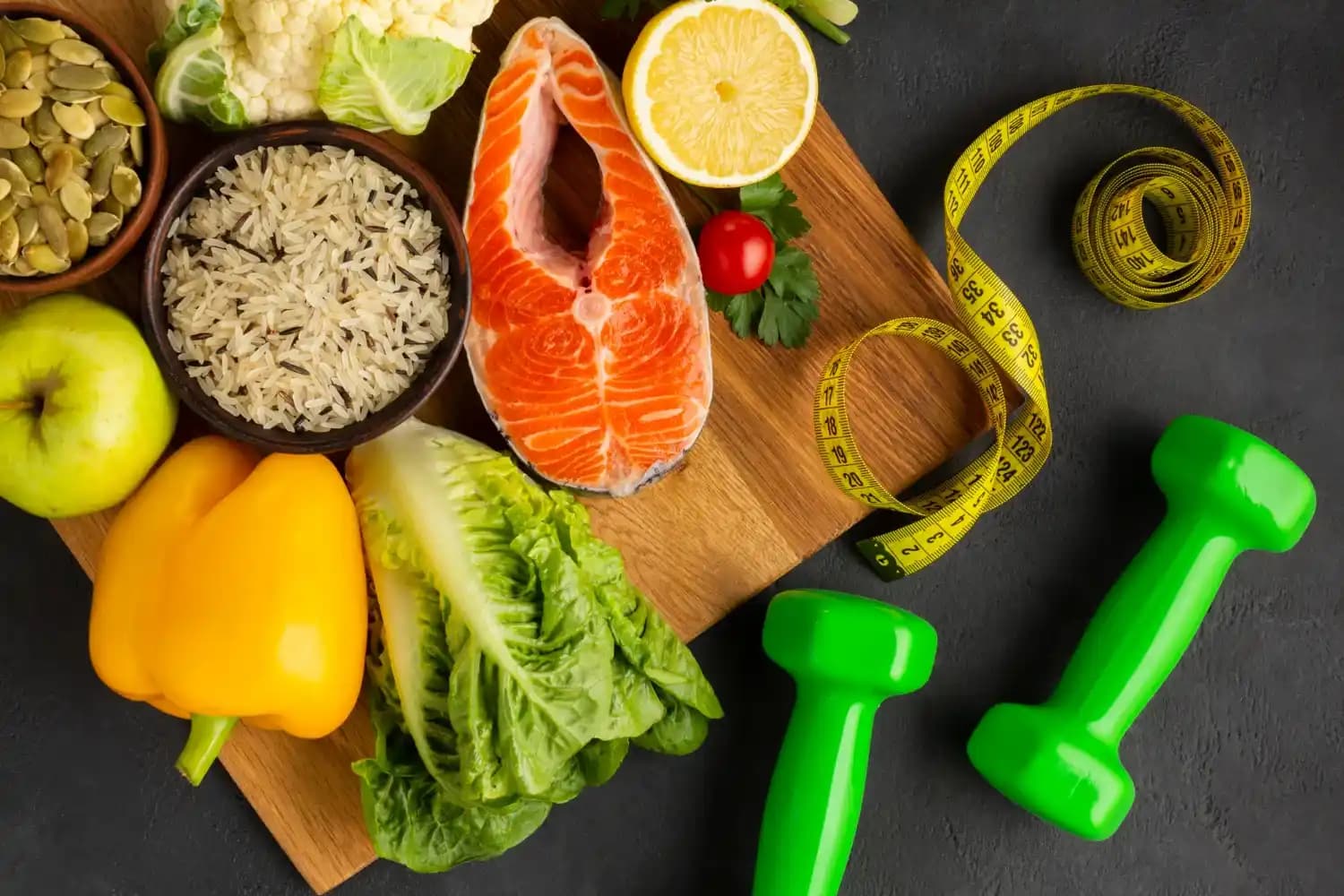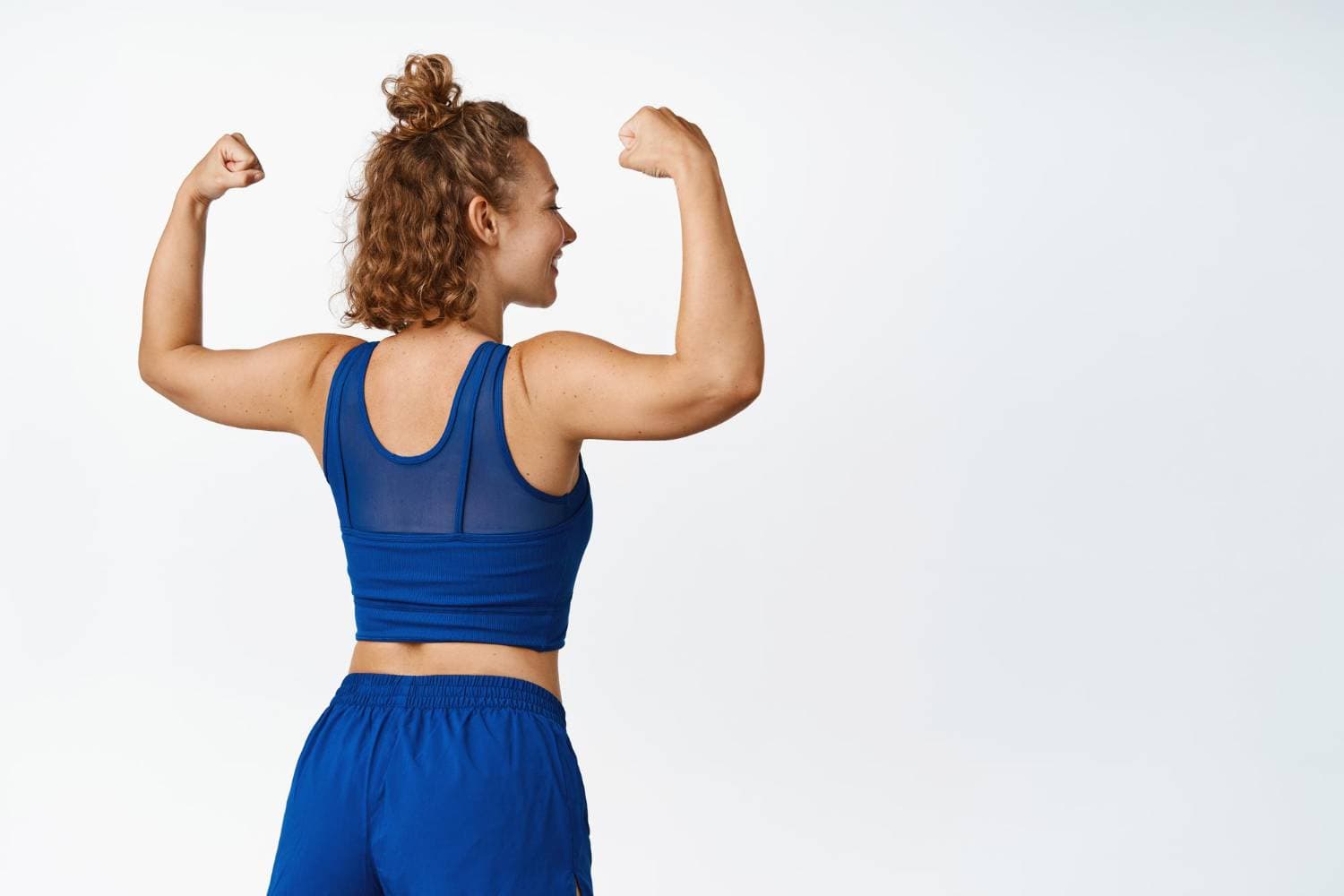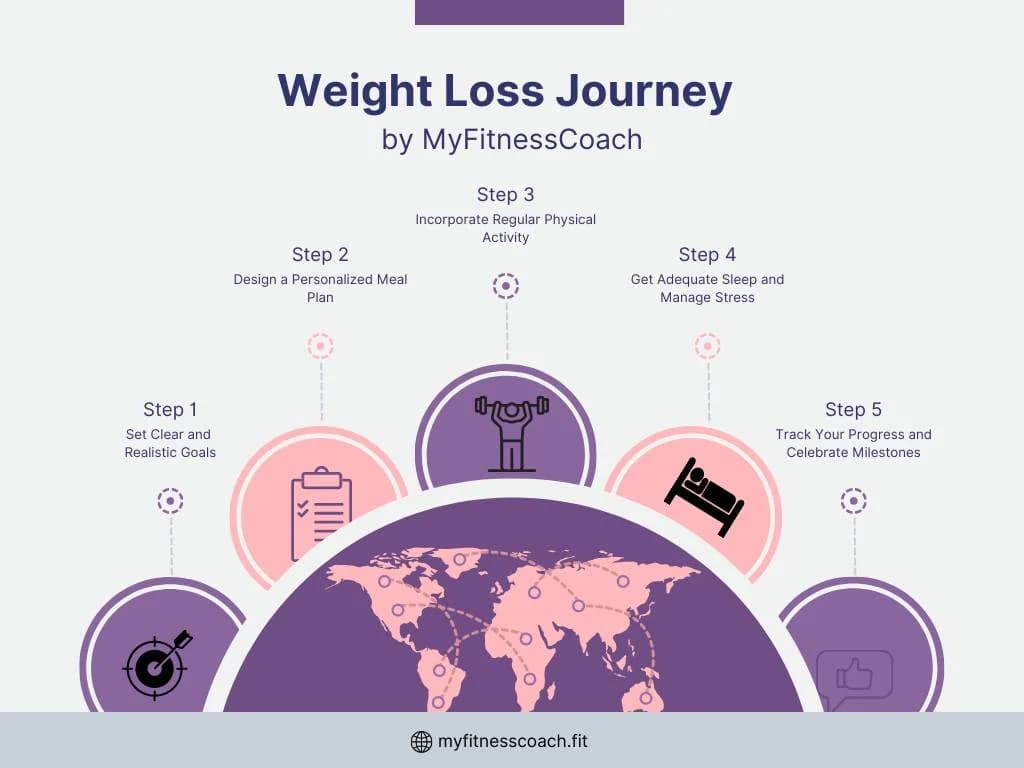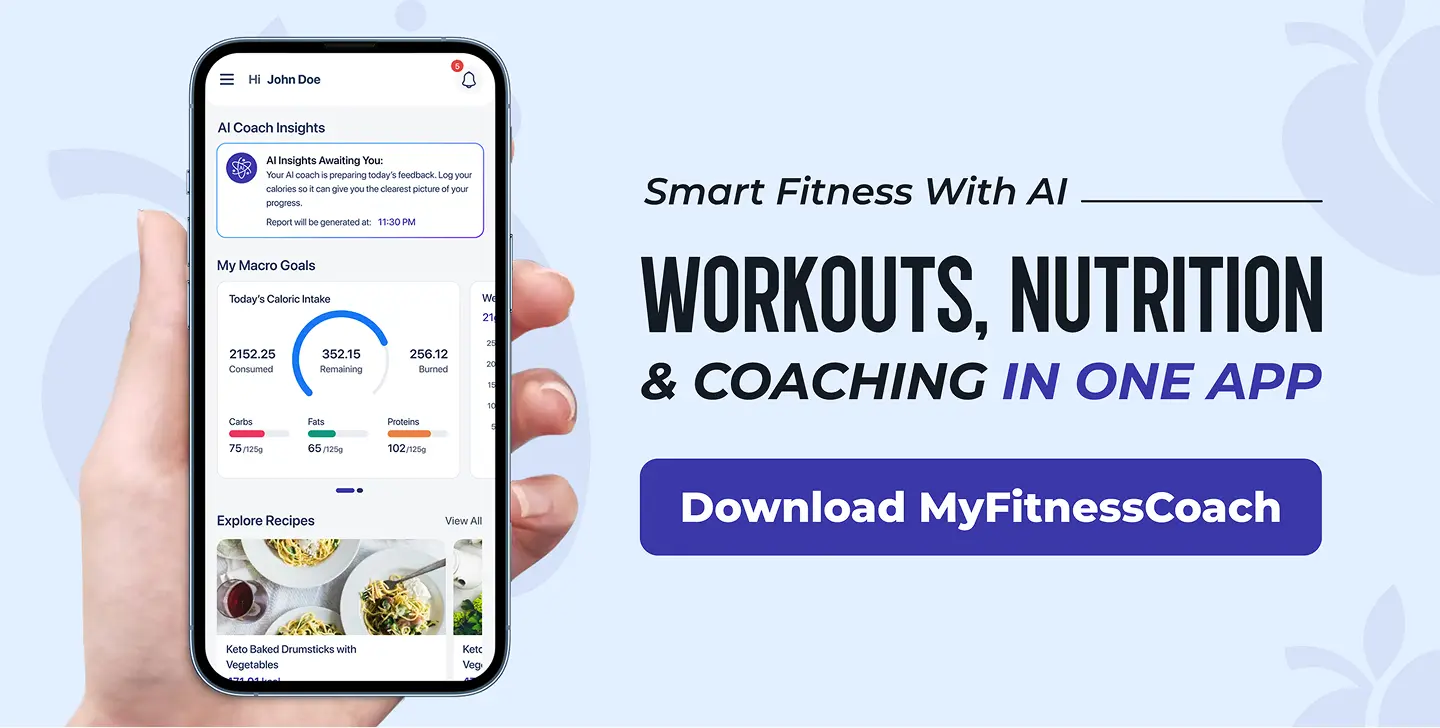The Mutual Relationship between Nutrition and Fitness

MyFitnessCoach
August 8, 2023
When we try to live a healthy and happy life, two things that hold extreme importance are nutrition and fitness. These two things are like building blocks that help us stay healthy and fit. This ensures us to be full of energy and live longer. Scientists are learning more about how our bodies work, and they've found that what we eat and how we exercise are really closely connected to each other.
This article talks about how nutrition and fitness work together, showing how they help us stay balanced and full of life. Let’s wait no further and start:
What is Fitness?
Physical fitness is not only about looking good; it's about how well your body is performing. Doing regular exercises has many benefits for your body, like helping your heart and muscles, making you feel better mentally, and reducing stress. When you exercise, your body releases happy hormones called endorphins that make you feel good and less stressed.
A balanced fitness routine typically includes cardiovascular exercise, strength training, flexibility exercises, and functional movements. Cardiovascular exercises, like brisk walking, running, swimming, and cycling, enhance heart health, increase lung capacity, and promote fat loss.
Strength training, involving resistance exercises such as weightlifting or bodyweight exercises, improves muscle mass, bone density, and metabolism. It also supports better posture and reduces the risk of injuries.
Flexibility exercises like yoga and stretching routines enhance joint mobility and muscle elasticity, helping in injury prevention and promoting relaxation.
Functional movements reproduce real-life activities and improve overall body coordination, balance, and stability. This type of exercise is particularly beneficial for older adults, helping them maintain independence and quality of life.
The Mutual Relationship:
The mutual relationship between what you eat and how you physically perform is really strong. They both complement each other and work together to keep you healthy and fit. Eating the right foods gives your body the energy and materials it needs to do exercises in a good way. And when you exercise, it helps your body use and takes in the good stuff from your food, making everything work even better.
- Energy Balance: Nutrition provides the energy required for physical activity, while exercise helps maintain a healthy weight by spending excess calories. This balance is critical for weight management and avoiding obesity-related health issues.
- Muscle Health: Sufficient protein intake supports muscle growth and repair, important for individuals engaged in strength training and other forms of physical activity. On the other hand, exercise stimulates muscle protein synthesis, maximizing the benefits of protein consumption.
- Recovery and Repair: Proper nutrition helps in post-workout recovery by refilling glycogen stores and providing essential nutrients for tissue repair. Antioxidants from fruits and vegetables fight off stress caused by intense exercise.
- Metabolic Efficiency: Regular physical activity improves insulin sensitivity, promoting efficient glucose utilization and reducing the risk of type 2 diabetes. A balanced diet supports this effect by controlling blood sugar levels.
- Bone Health: Nutrients like calcium, vitamin D, and magnesium contribute to bone health, and weight-bearing exercises promote bone density. Together, they reduce the risk of osteoporosis and fractures.
- Hormonal Regulation: Exercise influences hormone production and sensitivity, while nutrition plays a role in providing the necessary building blocks for hormone synthesis. This interaction affects stress hormones, sex hormones, and overall endocrine function.
In the special connection between nutrition and fitness, they work together to make us strong and healthy. When we eat good foods that give us lots of nutrients, it helps us have the energy to move and be strong. And when we exercise, it helps our body use those good nutrients even better, which makes us feel delighted.
We can start by choosing foods that are good for us and doing exercise regularly. This helps us live longer, have lots of energy, and enjoy life with a happy and healthy body and mind. As scientists learn more about how our bodies work, one thing is clear: eating well and being active are the main building blocks to being healthy and thriving.

Learn More About Health & Fitness At: MyFitnessCoach.Fit
Frequently Asked Questions
Similar Articles
Stay informed with these similar articles.

MyFitnessCoach
October 18, 2023
What Does Body Goals Mean? A Path to a Healthy Lifestyle
In the world we live in now, lots of people talk about "body goals," which means having a body that's seen as perfect. On social media, in magazines, and on TV, we see lots of pictures of people with what seems like perfect bodies, which makes us feel like we have to look like them. But the real meaning of "body goals" is more than just looking good. It's about taking care of your whole self, not just how you look. In this article, we will discuss what does body goals actually mean and how you can achieve your body goals. Let’s get started:
.webp&w=3840&q=75)
MyFitnessCoach
September 5, 2023
How Much Protein in an Egg | The Nutritional Power
Eggs have long been a breakfast favorite for many, and for good reason. They're not only delicious but also packed with essential nutrients, making them a versatile and nutritious addition to your diet. One of the most common questions about eggs is, "How much protein is in an egg?" In this comprehensive guide, we'll delve into the world of eggs and explore their protein content, nutritional benefits, and how they can contribute to a balanced diet.

MyFitnessCoach
May 18, 2023
Fitness Guide: How Do I Start A Weight Loss Journey
Ready to start on a life-changing weight-loss journey? Congratulations for taking the first step towards being a better and happier version of yourself! Starting off a weight-loss journey may be both satisfying and stressful. With so much information available, having a well-defined plan and trusted assistance in achieving your goals is important. This article will help you start your weight-loss journey and achieve the results you desire.
